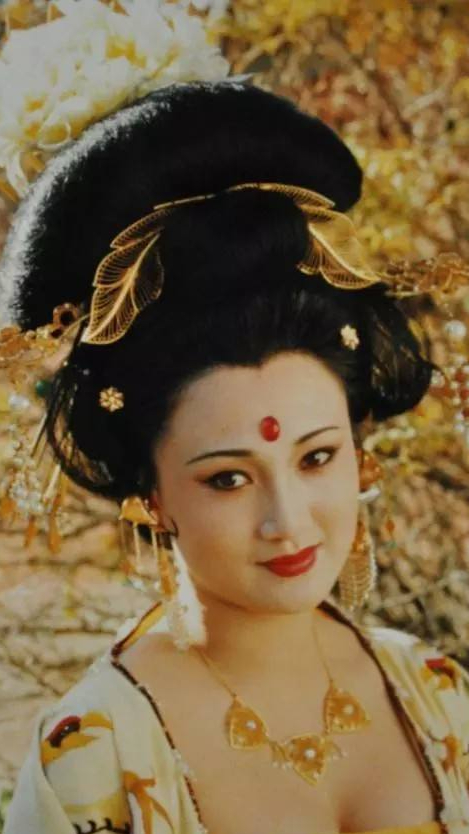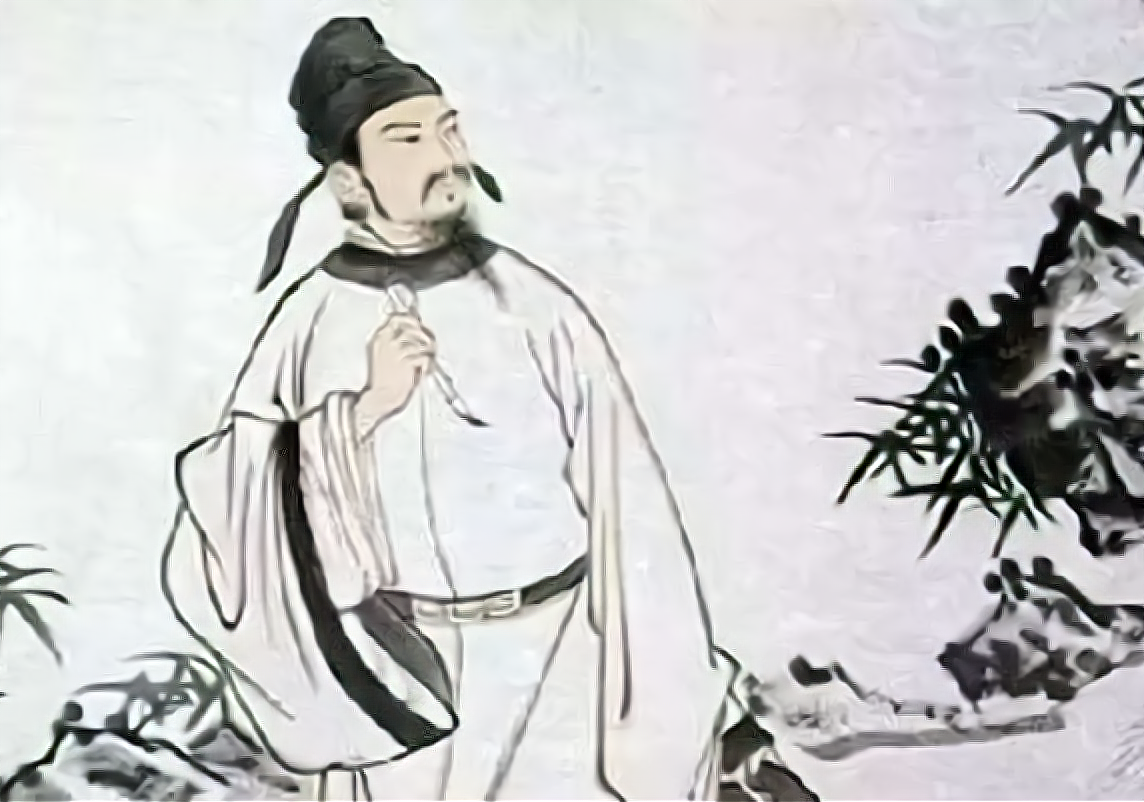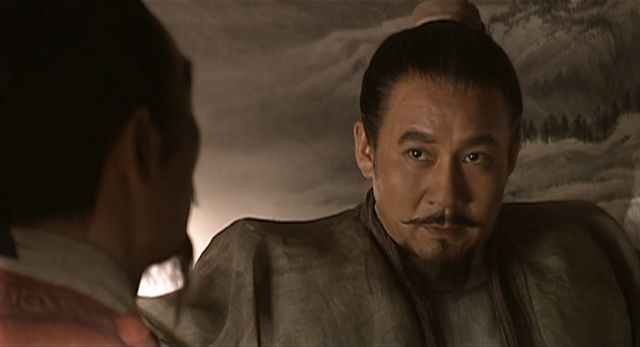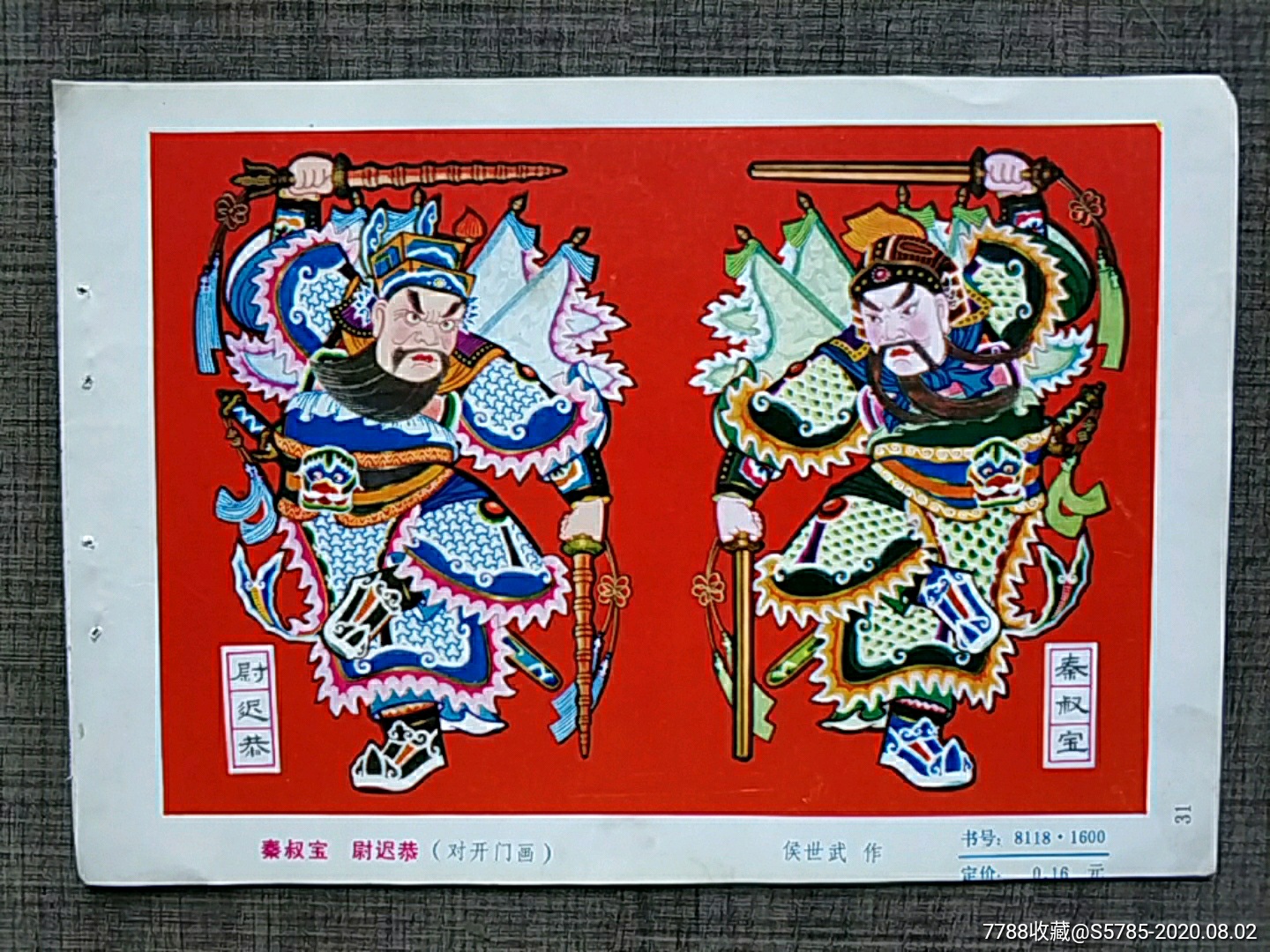Today, the History Encyclopedia editor brings you Li Shimin and Li Zhi, hoping to be helpful to you.

In ancient times, the transmission of the throne was a very important matter, even related to the stability of a country. We all know that Li Shimin was a very capable emperor, and it can be said that the establishment of the Tang Dynasty was closely related to him. However, in his later years, he passed the throne to the very weak Li Zhi. Many friends feel very puzzled about this. So, what is the reason for this?
In fact, Li Shimin did not initially intend to pass the throne to Li Zhi, but rather to his eldest son Li Chengqian. However, this incident made Wei King Li Tai very unhappy and he always wanted to replace his elder brother’s position. It was precisely because of this that there was a conflict between the two brothers. In the end, he was deposed due to the rebellion of the Crown Prince, and later the King of Wei, Li Tai, was also punished, which ultimately led to Li Shimin discovering that there was no suitable person to be the emperor when choosing the heir to the throne.
Among the remaining sons, although Li Zhi’s performance was not particularly outstanding, he was still relatively stable and the most suitable person to be an emperor. It is precisely because of this reason that Emperor Taizong of Tang, Li Shimin, ultimately chose Li Zhi to inherit the throne. From this, we can also see that the reason why Li Shimin let Li Zhi inherit the throne was not because of his good performance, but because he made a choice out of necessity.

Li Zhi’s political level is not only average, but his body also frequently suffers from illnesses. As an emperor, maintaining good health is very important. If his body frequently has problems, it can easily lead to turmoil in the court. In 683 AD, when Li Zhi arrived at the Fengtian Palace for a bountiful harvest, some people advised him to be granted the title of Zhongyue, but due to his illness, he could only give up in the end.
This was a very important matter for the court at that time, but Li Zhi was unable to complete it. From this, it can be seen that his body was indeed very weak. When he returned to Luoyang, his condition became even more serious, and even the ministers could not receive him. In this situation, he had already lost control of the entire court. In December of the same year, he wanted to announce the order to pardon crimes, but he could not mount a horse and could only summon the people to the front of the palace to announce it.
On the evening of December 27th, the emperor passed away at the age of 56. Through our understanding of his life, we can see that the reason why he was able to ascend to the throne was just a coincidence. However, although he eventually ascended to the throne, he was unable to achieve very good results during his reign as emperor. Therefore, this period was also a very slow period of development for the Tang Dynasty. However, because this emperor was unable to govern the court, there was no significant decline in the Tang Dynasty during his reign, which laid a good foundation for future emperors. If he had a relatively healthy body during his reign as emperor, he may have made some decisions about marriage. So in this situation, Later emperors naturally found it more difficult to govern the Tang Dynasty, and perhaps the Tang Dynasty, which was very non yellow in history, no longer existed.



